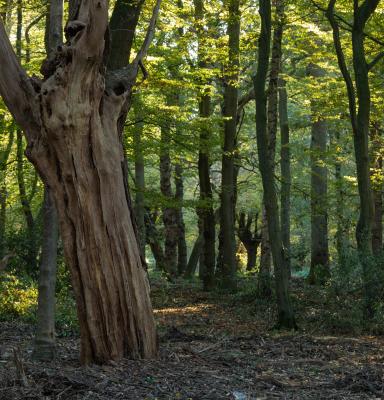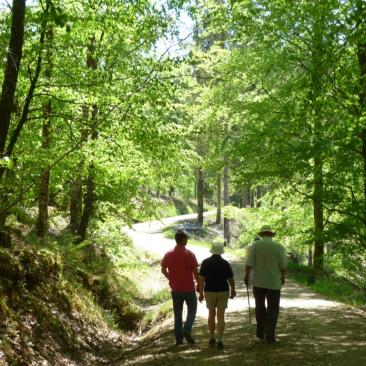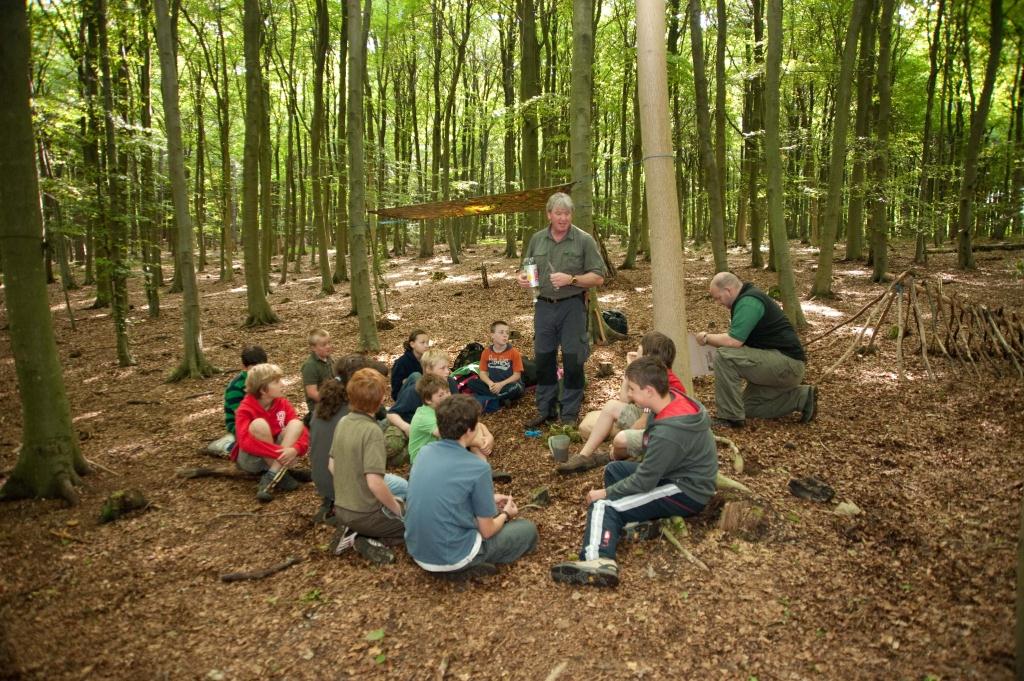
Community Relations
Local communities are defined by FSC as ‘communities of any size that are in or adjacent to the Management Unit, and also those that are close enough to have a significant impact on the economy or the environmental values of the Management Unit or to have their economies, rights or environments significantly affected by the management activities or the biophysical aspects of the Management Unit’.
A primary aspect of the Principle involves certificate holders identifying who is affected by forest management activities and ensuring that, through proactive engagement with these people, their tenure, access and use rights, as well as customary rights, are identified (Criterion 4.1). Certificate holders must also identify, avoid and mitigate significant negative social, environmental and economic impacts of their management activities on affected communities (Criterion 4.5), and protect any sites of special cultural, ecological, economic, religious or spiritual significance for which local communities hold legal or customary rights (Criterion 4.7).
The full range of issues covered under Principle 4 are:

-
Criterion 4.1
Identifying local communities within the Management Unit and those affected by management activities, and their rights.
-
Criterion 4.2
Recognising the legal and customary rights of local communities to maintain control over management activities to the extent necessary to protect their rights, resources, lands and territories; any delegation of control requires free, prior and informed consent.
-
Criterion 4.3
Providing opportunities for employment, training and other services.
-
Criterion 4.4
Contributing to social and economic development.
-
Criterion 4.5
Identifying, avoiding and mitigating negative social, environmental and economic impacts.
-
Criterion 4.6
Establishing mechanisms for resolving grievances and providing fair compensation.
-
Criterion 4.7
Identifying sites of special cultural, ecological, economic, religious or spiritual significance for which local communities hold legal or customary rights, and agreeing their management and/or protection.
-
Criterion 4.8
Upholding the right of local communities to protect and utilise their traditional knowledge and compensating for the use of intellectual property.
(For the full text of each Criterion, see the Principles and Criteria.)
For FSC Forest Management certificate holders, compliance with these requirements is assessed by independent certification bodies using the set of indicators adapted to national, regional or local conditions in the applicable approved forest stewardship standard.
What does this mean in the UK?
Indicators adapted to the UK context are contained in our national forest stewardship standard, familiar to most forest managers as the UK Woodland Assurance Standard, or UKWAS.
In the UK, FSC certification has contributed to bringing local communities more closely into forest management planning processes. Proactive communication and engagement are emphasised within many of the standard requirements, ensuring local communities are consulted throughout planning and operations to make sure their interests and wellbeing are considered and incorporated into management decisions. For example, indicators under Criteria 4.5 and 4.6 include:
- Indicator 4.5.1 Respond to issues raised or requests for dialogue and engagement and demonstrate how the results of the consultation including community and social impacts have been taken into account in management planning and operations. [UKWAS 2.3.1(e)]
- Indicator 4.6.1 Respond constructively to complaints, seek to resolve grievances through engagement with complainants in the first instance, and follow established legal process should this become necessary. [UKWAS 5.2.2]
Consultation is also addressed under Principle 7, management planning.
Greater engagement with local communities allows for social impacts to be mitigated and sites of cultural and historical significance to be protected. It also promotes the benefits responsible forest management provides for local communities, in particular improving public access to woodlands (indicator 4.4.1/UKWAS 5.1.2(a)) and sustaining traditional uses of the woodland (indicator 4.1.4/UKWAS 5.1.1(a)). FSC certification in the UK has, in particular, promoted efforts to meet demand for further public access for the purpose of environmental education (indicator 4.4.2/UKWAS 5.1.2(b)).This is all positive, but with access to local nature being ever more important after Covid-19, could certification go further to improve the provision of access?
- Maria Wilding, Llais y Goedwig Programme Manager.

Adaptations to the UK context also recognise situations where public access may not be appropriate and should not be promoted, for example in woodlands that adjoin dwellings or contain sites or species that are particularly vulnerable to disturbance.
Two of the Criteria under this Principles are not considered to be applicable in the UK context: Criterion 4.2, on the basis that local communities do not hold legal or customary rights to control management activities, and Criterion 4.8, on the basis that exploitation of traditional knowledge and intellectual property would be unlikely. For these aspects, the standard refers to UK legislation and links to requirements under Principle 1. However, the applicability of these Criteria remains under consideration through standard review and revision processes.
FSC UK is committed to local communities through our Small Woods project, where we are looking to enable FSC certification and its associated benefits to be more accessible for community managed and owned woodlands. Additionally, we see great potential for the FSC Ecosystem Services Procedure to be relevant to community-managed woodlands by connecting them to markets for ecosystem services and rewarding their responsible management of woods.
Have your say
Are local communities given sufficient consideration in woodland management? Do you think our national standard strikes the right note on engagement with local communities, dispute resolution or provision of access?
If you have any questions or comments about FSC’s forest management requirements in the UK, feel free to get in touch. You can contact us here.
